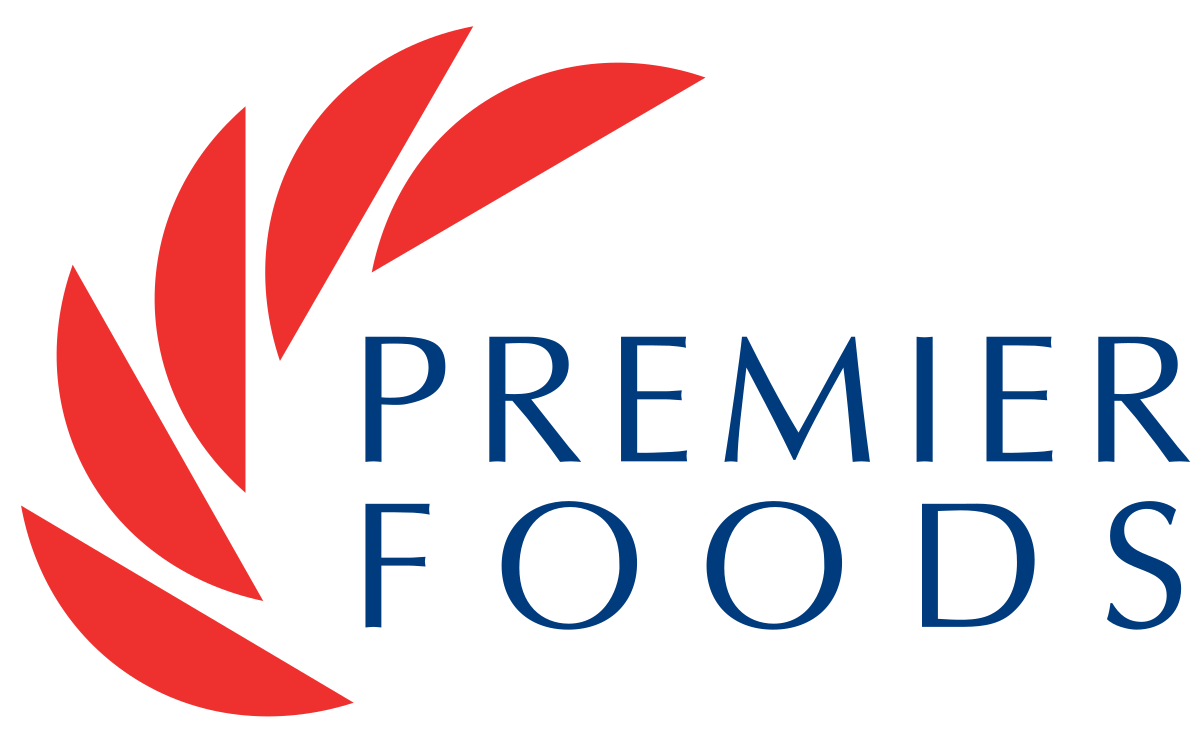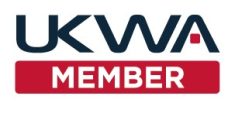
Outsourcing means engaging with an external third-party, usually a specialist logistics service provider (3PL), to perform specific activities that, for whatever reason, you choose not to undertake yourself. There are many benefits, but there are also real risks.
According to the latest research from Gartner, transport is the most highly outsourced and commoditised logistics function. 81% of companies included in their 2017 survey outsourced at least some, if not all, of their domestic transport. The types of companies that benefit most from outsourcing are manufacturing, healthcare and fast-moving consumer goods.
Four benefits of outsourcing transportation
- Cost saving
In the Gartner Survey, the main reason given to outsource was to reduce costs. 3PLs with an established customer base have economies of scale and significant buying power. This means that their pricing is very attractive; they utilise their assets very effectively and as a result, can offer volume discounts. 3PL companies have the resources, expertise and hopefully, more efficient operations; supply chain is their core business. Most commentators agree that cost reduction is a major driver of the decision to outsource but there are risks.
- Access to technology and communications
I.T. in the logistics field is becoming more sophisticated and more accessible. Established 3PLs are investing heavily in software solutions, both on- and off the vehicle for the benefit of their customers. Track-and-trace, on-board cameras, smartphones and anti-theft systems are now commonplace.
- Information management
Trustworthy and consistent information on supplier activity is essential for decision making and continuous improvement. Unfortunately, most companies do not have reliable transactional data nor a complete historical spend analysis. An outsource relationship with a 3PL can produce accurate reports and business intelligence in real-time at a level of detail that you may struggle to achieve.
- Resource flexibility
In-sourcing, i.e. managing your own transport in-house comes with challenges in staffing and vehicle utilisation. Dedicated assets, both people and equipment, are expensive and are often under-utilised. Volumes fluctuate, some requirements are unplanned, there are seasonal fluctuations in demand and you may not be able to operate 24/7. Outsourcing can smooth out some of these headaches, especially if your agile service provider can accommodate both your regularly scheduled transportation needs as well as your on-demand needs.
There are some disadvantages of outsourcing transport
1. Loss of visibility and control
Companies that outsource transportation can have reduced managerial control over the way in which the service provider operates. This possibility can be mitigated by working closely with the supplier on agreed success measurements and tracking results.
2. Risk management
Risks can be financial, operational or reputational. Supplier financial failure is a real risk, key performance measurements and financial reporting tools can bring immediate visibility but the external environment also plays a part. Reputational risk is encountered when a service provider connected to you is tainted by environmental failures or poor employment practices.
3. Managing the relationship
Time and effort must be invested in developing and maintaining a good working relationship with the chosen supplier at all levels in the organisation. Your chosen 3PL outsource company may have ways of working that do not easily fit your behavioural style or culture and both parties have to adapt.
Key performance indicators (KPIs) are a key to success
Understanding what you want and communicating a clear scope of work when engaging with a 3PL is the first step. We suggest that you enter into a
mutually acceptable contract that includes 3 – 5 KPIs. You select measures that are relevant to your business and commit to monitoring them at agreed intervals. These are examples of possible KPIs :
- On time vehicle availability. How often does the 3PL arrive within the required time window and load/leave on time?
- On-time delivery – what is the % of late deliveries experienced?
- Number of claims per month or claims as a percentage of freight cost
- Admin accuracy – % of error-free invoice or goods received documents
Outsourcing to an organisation with specialised logistics experience allows you to focus on your core business. It can free up valuable time to spend on getting your product to market more quickly and driving revenue. But remember, as the old adage goes, if you put all your eggs in one basket, watch it like a hawk!
Go Supply Chain Consulting can help you to optimise your supply chain operations. We provide capacity and productivity solutions in fast-changing business environments.
Our directors are experienced logistics consultants who have worked closely with clients in a range of sectors and countries to improve or expand their warehouse and distribution centre operations.












